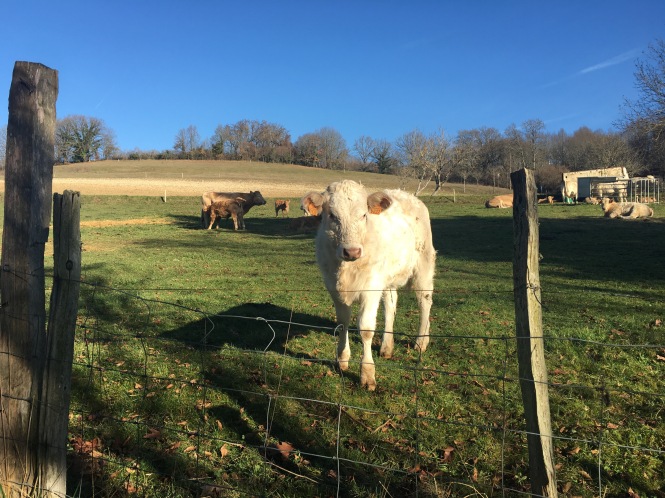7.4 mile run (12km) even jog pace 10 minute mile with first mile or so at 11 min. Saw this sunrise on route in Hackney. Did not expect it. Only when I got home did I realise how stunning it was!
Also want to share a quirk in case anyone gets this and thinks they’re on their own. I get very hungry on long runs (not met a runner runner who relates. I’m more of an all rounder runner than a runner runner and maybe my blood sugar hasn’t adapted). So started with a 2 mile run very slow, warming up, waking the muscles and joints up, waking the metabolism up and working out what my hunger needs are for the next few hours, then had a coffee and porridge, let that digest for 10 minutes but not too long and carried on my way.
This is shock horror for many runners. Running with food in their stomach is vile and repulsive. But for me running on empty is vile and repulsive. Porridge is like sweet air to me; it’s digested before it hits the stomach. We’re all different and have to understand that we have varying metabolism and blood sugar needs.
My dad is a life long runner runner, marathons, the lot. He can’t understand what I’m talking about and looks horrified when I stuff my face with low and sometimes high GI carbs before a run. Same with an ex pro triathlete who took me on a 60 kilometre bike ride in the mountains in Abruzzo a few years ago; I had to stop and grab an emergency couple of glasses of milk because I felt so hungry I was too weak to carry on. He was astonished. I felt great after and continued to the end and he felt sick at the idea of milk sitting in my stomach whilst on a ride. Of course it wasn’t sitting it was digested in minutes!
I was so impressed with his ability to do DEEP cardio, those hills and mountains were around 1200m above sea level. Steep, deep cardio. And he’d just had a classic Italian breaky; espresso, some bread, butter and jam. Makes me feel weak at the idea! A light civilian carby breaky then 60km bike ride up mountains!?
The point is we’re all very different and feeling different can make you isolated like you’re doing something wrong and stop you training. I’m trying to demonstrate that we shouldn’t let shock horror looks on people’s faces (especially experts’) allow doubt to creep in. What I need to do is find or create a protein bar/snack that I can take with me and is soft enough to digest whilst out on a run.
Then I did 5.5 mile run. By the end of the 5.5 mile run I was ravenous and had a homemade smoothie and strangely enough it filled me up. Just for an hour.
I say strangely because there was virtually no protein content or calories but lots of carbohydrates, vitamins, minerals and nutrition. Sometimes the ‘protein hunger’ can be a vitamin and mineral hunger. Maybe. Also you can continue training on a smoothie.
Outdoor Conditioning:
- 25 chin-ups
- 10 pullups
- 60 leg raises on parallel bars (40 of which are straddle leg raises and 20 straight leg).
- 20 step ups on high log.
Indoor (at home conditioning and light weights):
- 200 crunches
- 25 v sit
- 100 press ups (inc. 20 triceps press)
- 25 deadlift (25kg)
- 30 shoulder press (16kg)
- 20 bicep curl (2 x 8kg)
- 20 standing row (15kg)
And a good stretch. All exercises broken down into however many reps I could do in a row. Breather. Then carrying on.
Felt good after! Clean detoxed and buzzing. Was supposed to be doing admin. Avoidance techniques can get you very fit.








